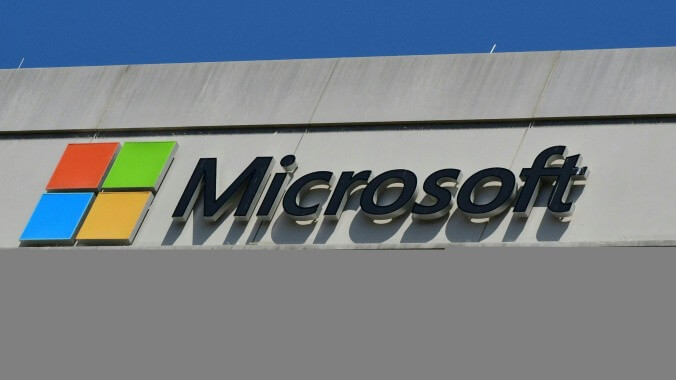Congratulations, noble victors of the internet: You may now add Microsoft’s Internet Explorer to the list of enemies you’ve successfully outlived.
This is per Consequence, which reports that the creakily ancient browser—which even Microsoft itself has phased out in recent years in favor of Edge—has officially been sent off to that farm where decrepit internet browsers are sent to run and play and crash all the goddamn time. Internet Explorer was 27; it is survived by many better ways to browse the internet.
As Consequence notes, Explorer’s greatest accomplishment was probably the way it ripped the neck right out of Netscape’s Navigator back in the day, courtesy of being bundled in with Windows. The U.S. Department Of Justice went after Microsoft for antitrust violations over this (eventually settling with a slap on the wrist in 2001), but by the time any legal consequences came down, the damage to the rival browsers was already done.
Which did not stop many, many other competitors—including Mozilla’s Firefox and Google’s now-dominant Chrome—from stepping into the very wide “better browser than Internet Explorer” gap. Microsoft itself eventually acknowledged that the older browser was fatally out of step with the modern internet, all-but-replacing it with Edge, which came bundled with Windows 10. (Even so, Chrome remains the predominant browser choice for Windows users, beating Edge with 66 percent of market share to the Microsoft product’s 10.)
Diehards still trying to keep the dream of Internet Exploration alive by using the unsupported browser will be re-directed to use Edge instead; in a future Windows update, Internet Explorer will be permanently disabled. “Not only is Microsoft Edge a faster, more secure, and more modern browsing experience than Internet Explorer,” Microsoft stated in a blog post today, “But it is also able to address a key concern: compatibility for older, legacy websites and applications.”












![HBO teases new Euphoria, Larry David, and much more in 2026 sizzle reel [Updated]](https://img.pastemagazine.com/wp-content/avuploads/2025/12/12100344/MixCollage-12-Dec-2025-09-56-AM-9137.jpg)




























